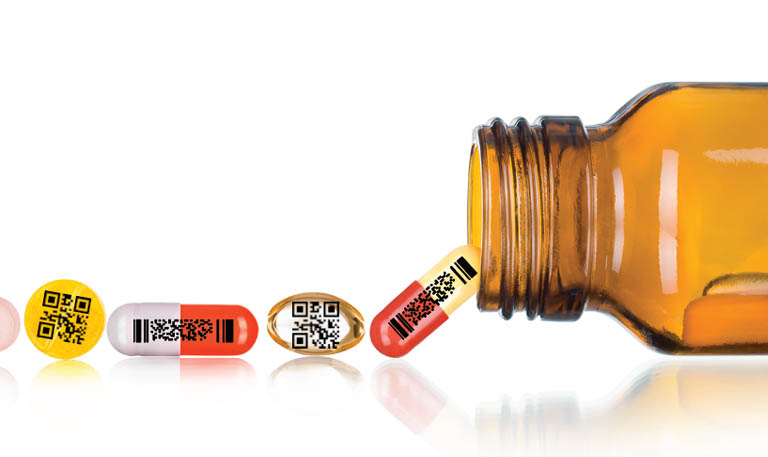By ANNIE CULVER
The first time I eyeballed a QR (short for quick response) code, I tried to decipher it like a palm reader might. Maybe I should’ve thrown up my arms then, instead of riding out the evolution until now.
In those early days, I was fascinated that a little square code could take me places for useful information. One exception—the foolishness of restaurant QR codes once COVID became less threatening. Real menus enhance the experience of the full meal deal. The QR code was developed 30 years ago by a Japanese engineer who worked for a subsidiary of Toyota. His goal was to track auto parts in the assembly process.
Fast forward to 2024, when a group of befuddled folks in a parking area under a Seattle medical building are scrunching their noses, phones in hand, as they try to figure out why they need a QR code to register their vehicles before they can see a doctor. Some don’t even have a wireless connection beneath the building. Many give up and shrug, hop on elevators, and head upstairs to be met by medical receptionists who point to a computer so we can register our presence.
The computer prompts patients to insert drivers’ licenses and insurance cards. After that comes a screen boasting a litany of release forms that had been texted to my phone for advance check-in. Several were so long on legalese and small print that I chose not to address them.
Sheepishly, I ask for help from one of the uninterested receptionists. This is an eye doctor appointment. Why the fine print? One receptionist walks around to where I stand. He doesn’t read what’s on the computer, only gives me the gist of each subject area, then points to where I need to click to sign each one. What’s all this legal mumbo-jumbo I’d just signed?
By now I’m late for my appointment, even though I arrived at the building 20 minutes early. Good thing blood pressure checks aren’t part of eye exams.
I complain to my eye doctor—one I’ve seen at this location for nearly 20 years—about all the new tech insanity. His response?
“We’re trying to save on cost,” he says. “But when you leave, as long as you have a credit card, just veer to the left and someone will take your payment for parking.”
“How will they know how long I’ve been here?” I ask.
“They photograph your license plate when you come in,” he says.
“Then what’s up with QR code antics?”
He shrugs much like the rest of us did in the parking garage. Are businesses killing themselves with technology to cut costs? I thought QR codes were created to provide information, not to replace people.
“Can I pay less for parking given all the time I’ve been here?”
“Good luck with that,” the doc says with a chuckle as he leaves the examining room.
By the time I’ve gone through all the rigamarole, I’d been there well over two hours.
As suggested, I drive out to the left where I get a handwritten slip of paper for $11.99—a suspiciously odd amount for parking—from a woman in an exit booth. The gate goes up.
Wait, this tale has a glimmer of hope!
The next day, I’m able to grab a familiar card that opens a parking gate and cruise into a garage for yet another Seattle doc appointment, one with my primary care physician.
Big signs on the walls just inside the entrance beckon, “PARKING FOR SENIORS.” While there’s not always an empty spot, I luck out, slip into a senior space, and catch an elevator.
With numerous people working the clinic reception area, the wait is only a few minutes before an employee, standing or sitting, waves with a smile to come his or her way.
No long forms to sign and no computer interactions. They scan IDs. The conversation is animated and congenial. One of the seated receptionists is a hoot, with a work area decorated in playful slogans, greeting cards, and tchotchkes all in tune with the season. She’s such a crack-up, my fears about the loss of human connection in the not-too-distant future melts away. I even had low blood pressure that day.
When I depart, the man in the booth who takes my parking card says he heard the horrors of QR code parking nearby. We both grimace, then laugh, as he hands me a printed $8 receipt and then raises the gate.
On the drive home, I thought about Dinah Washington as I tried to hum “What a Diff’rence a Day Makes.”
Annie Culver developed a knack for unearthing oddball characters and improbable events as a staff writer for various newspapers. In the early 90s, she went to work for websites where she wrote sassy essays aimed at women. In recent years, she morphed into a writer for several universities in the Northwest. She retired in 2016, yet still enjoys freelancing.
More by Annie Culver:
Pull Dates—What our refrigerators can tell us about ourselves.


